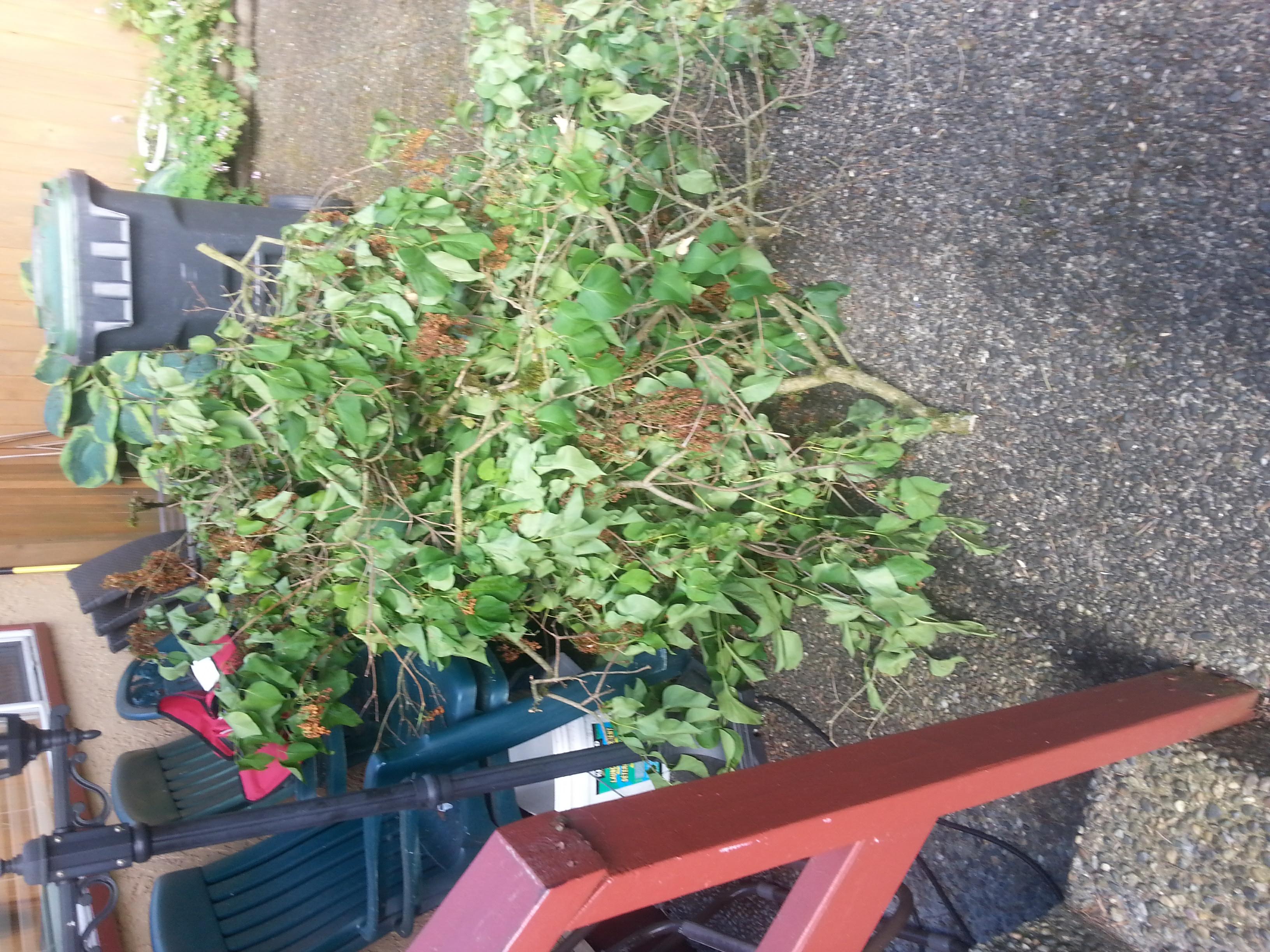One is the loneliest number
Looking at the characteristics of who is or isn’t lonely, some key similarities and differences are worth noting:
Risk factors for loneliness include:
The more risk factors present, the greater the odds of being lonely
What can you do to prevent or alleviate loneliness?
Loneliness is not a normal part of the ageing process — but many of the challenges inherent in ageing put the older adult population at risk. In a new report (pdf file), developed with AARP Foundation support, researchers examined the best existing data to estimate the prevalence of loneliness among adults (age 62-91) in the U.S. The study identifies the characteristics of lonely older adults as well as segments of the older adult population who are at high risk for loneliness. Although related, loneliness and isolation are not the same things. More than half of older adults (52%)in the United States experience some degree of loneliness
Loneliness (also known as subjective isolation) denotes how people perceive their experience and whether or not they feel isolated.
Objective isolation involves quantifiable measurements, such as the size of one’s social network (and the frequency of engagement with it), availability of transportation, and ability to access resources and information. The scope of this study was specific to loneliness
Education: Education levels don’t differ between lonely and non-lonely individuals.
Work/Retirement: Lonely and non-lonely older adults are equally likely to be retired, working or unemployed.
Caregiving: Lonely and non-lonely groups are equally likely to be providing care for a dependent.
Marital Status: The lonely group is less likely to be married than the non-lonely group, but both married (14%) and unmarried (30%) individuals can be lonely.
Income: Lonely older adults have lower household income and less wealth.
Living Alone: Lonely people are more likely to live alone, in large part because they are less likely to be married.
Health: Although there is no significant difference in number and severity of chronic health conditions between the two groups, lonely people rate their health less positively.
Physical Limitations: Lonely older adults have more physical limitations in carrying out the activities of daily living (e.g., dressing, bathing and feeding oneself).
Social Interaction: Lonely older adults socialize, volunteer, attend religious services and participate in organized groups less frequently than non-lonely adults.
- Not being married
- Having three or fewer friends
- Socializing less than once a week
- Experiencing considerable strain in family relationships
Stay or get socially active. Weekly or more frequent group participation, attendance at religious services, volunteering, and socializing with friends may help prevent and reduce loneliness. The less frequently people see each other, the weaker the connections become and the less supportive the relationships are.
Nurture relationships. Every relationship has its good and bad sides. The goal is to capitalize on the positive side and minimize the negative side. Reducing strain in family relationships is particularly important because these relationships are often the ones we turn to in times of need.
Find and take advantage of local resources. The ability to socialize can be hampered by poor access, other obligations, and even the inability to prepare one’s home for visitors. Explore transportation options, caregiver respite, or opportunities to get involved with activities and meet new people. Libraries, senior centres, community centres and other organizations offer a range of classes and groups, from computer training to art classes to support groups and much more.

"
Articles from Royce Shook
View blog
All relationships are fraught with dangers, and sometimes we lose contact with friends and those we ...

Please note that these statements are intended to be humorous and based on stereotypes I have heard ...

Subjective ageing can impact an individual's behaviour and can influence how we behave, which can ha ...
Related professionals
You may be interested in these jobs
-
Maintenance - Chef de Service
3 days ago
Place St-Moritz Montreal, CanadaNous sommes a la recherche d'un candidat responsable et capable de gérer et compléter des travaux de maintenance et réparations générale · Responsable pour l'ensemble de tous les besoins technique des bâtiments et logements · Responsabilités: · Vérifier et préparer les appartemen ...
-
sales representative
1 day ago
Ruscana Intertrade Inc. Berry Mills, CanadaEducation: Secondary (high) school graduation certificate · Experience: 7 months to less than 1 year · or equivalent experience · Tasks · Reach to clients after sale or signed contracts to provide ongoing support · Identify and solicit potential clients · Computer and technology ...
-
Co-op, Brand Marketing
1 day ago
Loblaw Companies Toronto, Canada Full timeReferred applicants should not apply directly to this role. · All referred applicants must first be submitted through Workday by a current Loblaw Colleague. · Come make your difference in communities across Canada, where authenticity, trust and making connections is valued – as w ...




Comments
Joel Anderson
6 years ago #5
Royce Shook
6 years ago #4
Ian Weinberg
6 years ago #3
Ken Boddie
6 years ago #2
Milos Djukic
6 years ago #1